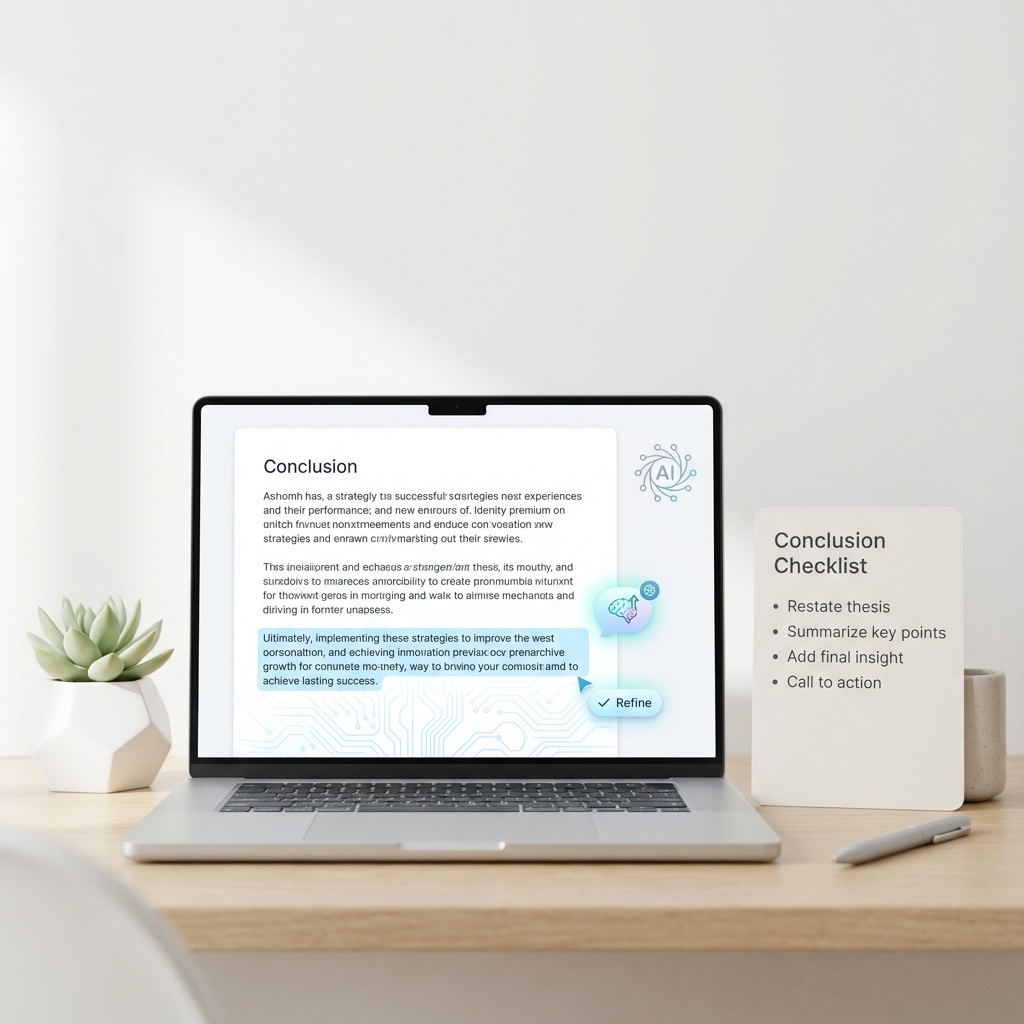Improve Your ROI with Personalization in Marketing
%20(1).png)
In today's fast-paced digital landscape, where consumers receive countless messages every day, standing out is more important than ever. Personalized marketing has emerged as a game-changer, allowing brands to create meaningful connections with their audience. By tailoring messages and experiences to individual preferences and behaviors, companies are not only enhancing customer engagement but also significantly boosting their return on investment (ROI).
This article dives into the transformative power of personalization in marketing and explores how it can elevate your strategy, foster loyalty, and ultimately transform your bottom line. Get ready to discover how personalization in marketing can propel your business toward unprecedented growth!

Personalization in Marketing: What Is It and Why Does It Matter?
Personalization in marketing refers to the practice of tailoring messages, offers, and experiences to individual customers based on their preferences, behaviors, and demographics. Think of it as a bespoke suit for your audience—crafted specifically to fit their unique shapes and styles. In a world where one-size-fits-all approaches often fall flat, personalization matters more than ever. It not only enhances customer engagement by making individuals feel valued and understood, but it also drives loyalty and conversion rates.
Personalized marketing can increase click-through rates significantly and boost the potential for higher returns on investment. Moreover, in an era where customers are armed with choices and information at their fingertips, delivering relevant content or products can distinguish brands, foster lasting relationships and ultimately drive business growth. By leveraging data and insights, companies can create meaningful interactions that resonate on a personal level, reshaping the customer experience and setting the stage for long-term success. Understanding and implementing these strategies is essential for staying competitive, as modern consumers increasingly expect brands to recognize and address their specific needs and interests.
Essential Elements of Personalization in Marketing
- Data Analytics for Understanding Customers: Grasping customer preferences and behaviors through data analytics is fundamental for crafting personalized marketing campaigns.
- Audience Segmentation: Segmenting your audience based on demographic, psychographic, and behavioral data enables more precise and relevant messaging.
- AI and Machine Learning: Leveraging AI and machine learning can boost personalization by forecasting customer needs and automating tailored communications.
- Continuous Testing and Optimization: Regularly testing and fine-tuning personalized strategies ensure marketing efforts stay effective and adaptable to evolving customer expectations.
Gathering Customer Information
Gathering customer information is a cornerstone of effective personalization in marketing, as it allows brands to build stronger connections with their audience. In a time when consumers expect customized experiences, the ability to collect and analyze data—ranging from demographics and purchasing behavior to preferences and engagement patterns—enables marketers to create tailored messaging and offers that resonate with individual needs. This process not only boosts customer satisfaction but also drives higher conversion rates and brand loyalty.
By utilizing methods such as website analytics, surveys and social media insights, businesses can gain a comprehensive understanding of their audience, ensuring their marketing efforts are impactful and engaging. Collecting customer information one of the keys to unlocking the full potential of personalized marketing, ultimately leading to improved ROI and sustained business growth.
Segmenting the Audience
Dividing a broad target market into subsets of consumers with common needs or characteristics provides a targeted approach to engaging diverse customer groups effectively. By categorizing consumers based on shared characteristics such as demographics, behavioral patterns, and preferences, marketers can devise tailored strategies that resonate on a more personal level. This segmentation allows brands to deliver relevant content, promotions, and experiences, thereby increasing customer satisfaction and fostering loyalty.
With the rise of sophisticated analytics tools and data management platforms, businesses can gain deeper insights into their audience segments, enabling a more refined and strategic marketing approach. Ultimately, audience segmentation enhances the effectiveness of personalized campaigns, driving higher engagement rates, improved conversion, and greater return on investment.
Creating Personalized Content
Personalized content serves as the bridge between brands and their customers' unique preferences and interests and helps in building deeper connections with your audience by addressing their specific needs and preferences. By leveraging insights gathered from customer data, marketers can craft tailored content that speaks directly to their audience's needs and aspirations. This approach not only enhances customer engagement but also fosters loyalty and drives conversions, as individuals are more likely to respond positively to marketing efforts that reflect their personal journeys.
Moreover, personalized content can take various forms, from targeted emails and customized landing pages to dynamic social media posts, ensuring that each touchpoint is optimized for maximum impact. As personalization continues to reshape consumer expectations, mastering the art of creating personalized content is essential for brands aiming to stand out.
Applying Marketing Automation
Marketing automation streamlines repetitive tasks and enables brands to deliver tailored experiences at scale while optimizing operational efficiency. As businesses strive to connect with consumers on a personal level, marketing automation tools facilitate the collection and analysis of customer data, allowing for real-time insights and the development of targeted campaigns. By automating processes such as email segmentation, behavior-triggered messaging, and personalized content delivery, marketers can engage their audience in a timely manner, ensuring that relevant information reaches the right people when they are most receptive.
Furthermore, automation allows for continuous optimization based on performance data, ensuring that marketing strategies evolve in response to changing customer preferences. As personalization becomes increasingly necessary for effective customer engagement, leveraging marketing automation not only streamlines workflows but also enhances the overall customer experience, driving loyalty and improving return on investment.
Frequently Asked Questions
What is personalization in marketing and how can it boost my ROI?
Personalization in marketing involves tailoring content and experiences to individual customer preferences and behaviors to improve engagement and satisfaction. By leveraging customer data, businesses can create targeted marketing campaigns that resonate more deeply with their audience, leading to higher conversion rates.
Personalized marketing can foster stronger customer loyalty by making customers feel valued and understood, which can result in repeat purchases. Investing in personalization strategies can significantly boost your ROI by maximizing the effectiveness of your marketing efforts and reducing waste on ineffective campaigns.
Which tools or technologies are best for implementing personalization in marketing?
Customer Relationship Management (CRM) systems are invaluable for tracking and managing customer interactions and data, facilitating highly personalized marketing efforts. These platforms enable businesses to create detailed customer profiles, ensuring that every interaction is informed and relevant. Based on this data and with the help of tools like Creaitor, you can create personalized content that truly resonates with your target audience.
Furthermore, email marketing platforms enhance this personalization by allowing targeted email campaigns based on customer behavior and preferences.
How do I measure the success of my personalized marketing campaigns?
Evaluating the success of your personalized marketing campaigns begins with tracking conversion rates to determine how many recipients take the desired action after receiving your tailored content. Additionally, analyzing engagement metrics like open rates, click-through rates and bounce rates can provide insights into the level of interest and involvement your audience has with the personalized messages.
Meanwhile, collecting and evaluating customer feedback and satisfaction scores will offer a deeper understanding of their perception and experience with your personalized marketing efforts, ensuring continuous improvement.
Bottom Line
Implementing personalization in marketing is a necessity for businesses aiming to stay competitive in today's dynamic marketplace. By leveraging data analytics and AI, brands can gain a deeper understanding of their customers’ preferences and behaviors, enabling them to deliver highly targeted and relevant content. Through strategic audience segmentation, businesses can craft messages that resonate on a personal level, foster stronger customer relationships and improve engagement.
The implementation of personalized content, enriched with customer insights, ensures that each interaction is meaningful and impactful. Moreover, marketing automation plays a pivotal role in streamlining processes, allowing marketers to focus on creative and strategic initiatives. This not only enhances efficiency but also leads to higher conversion rates and improved ROI.
Ultimately, personalization in marketing empowers brands to stand out by delivering unique, value-driven experiences that meet the evolving expectations of modern consumers. By continuously testing and optimizing these personalized strategies, businesses can ensure they remain adaptable and effective, securing long-term customer loyalty and success. Why wait? Start creating personalized content with Creaitor today!
Blog che potrebbero piacerti

How to Create Perfect Conclusion Paragraphs with AI (Step-by-Step)

Email Response Generator: Write Perfect Emails in Half the Time

